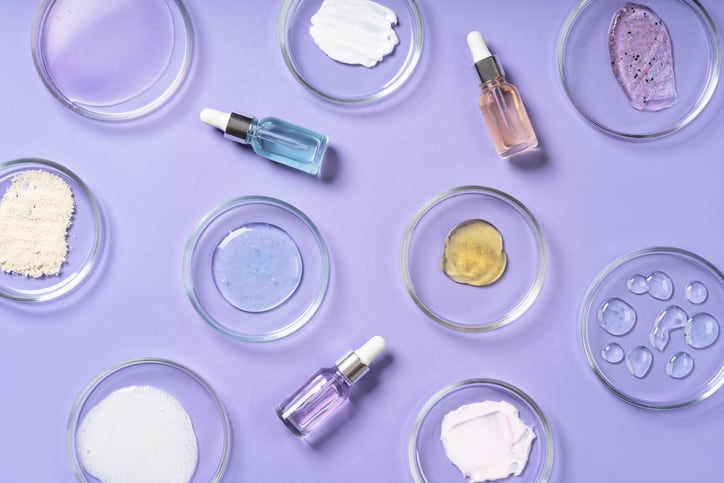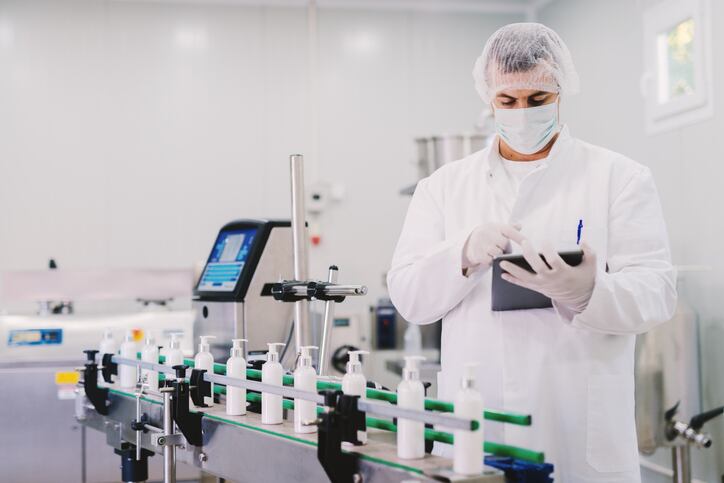Unveiled today, the International Collaboration on Cosmetics Safety (ICCS) was being spearheaded by a collective of scientists and experts across 35 private and public organisations, including key global beauty and personal care majors like Beiersdorf, Chanel, Colgate-Palmolive, Johnson & Johnson, Kao, L’Oréal, LVMH, P&G, Shiseido, and Unilever. A broad range of global suppliers, trade associations and animal welfare groups were also members.
The goal of the global initiative was to advance the adoption of animal-free safety assessments for cosmetics and personal care products and ingredients worldwide.
ICCS Members
BASF, Beiersdorf, Casic, Chanel, Colgate-Palmolive, Cosmetics Alliance Canada, Cosmetics Europe, Croda, Cruelty Free International, Edgewell, the European Federation for Cosmetic Ingredients, Evonik, the Fragrance Creators Association, Haleon, Henkel, Humane Society International, IFF, The International Fragrance Association, the Institute for In Vitro Sciences, Innospec, the Japan Cosmetics Industry Association, Johnson & Johnson, Kao, L’Oréal, LVMH, Oriflame Sweden, PETA Science Consortium International, the Personal Care Products Council, Physicians Committee for Responsible Medicine, Procter & Gamble, Reckitt, the Research Institute for Fragrance Materials, Shiseido, Takasago, Unilever and Wella.
Building on ‘significant scientific advances’
ICCS said efforts would pivot around three pillars: ensuring animal-free safety through science; advancing regulatory acceptance; and delivering education and training. The collective would fund “rigorous” scientific evaluation of new animal-free safety assessment approaches and publish results with cosmetic and chemical regulators, as well as fund education and training activities to build up confidence in animal-free approaches.
Erin Hill, president and CEO of ICCS, said building on existing “significant scientific advances” in the development, evaluation and use of animal-free methods was central to the collective’s goals.
For nearly four decades, huge progress had been made in replacing animal testing in a range of safety assessments, such as skin irritation, genetic toxicology, eye irritation and skin sensitisation through innovative in silico and in vitro methods. But whilst animal-free science methods had significantly progressed, many policies and regulations still required animal data and had not yet fully incorporated new approach methodologies (NAMs).
“ICCS brings together scientists from leading organisations around the world to continue this momentum and work toward our shared ambition for a future where no ingredients or products are testing on animals,” Hill said.
She said being a global collective was key due to the “unique challenges and inconsistent global regulations” facing beauty and personal care companies worldwide today, in terms of animal data requirements for testing the safety of products and ingredients. ICCS would also, importantly, collaborate with existing organisations in the field, she said.
'More to be done as science progresses'
In 2022, pan-European trade association Cosmetics Europe, for example, kickstarted a global five-year industry-led initiative, the New Scientific Programme, which was designed to drive uptake and regulatory acceptance of non-animal methods.
John Chave, acting board chair of ICCS and director-general of Cosmetics Europe, said it was clear that plenty had already been achieved in advancing animal-free testing but there was plenty more to achieve.
“Thanks to evolved scientific methods, we can ensure cosmetics and personal care product safety assessments are performed both rigorously and ethically, without animal testing. There is more to be done as science progresses, and multiple research projects are already underway at ICCS to further advance animal-free science methods,” Chave said.
Last month, a European Citizens’ Initiative entitled ‘Save cruelty free cosmetics – Commit to a Europe without animal testing’ secured 1.2 million votes, meaning the call to protect and strengthen the EU animal testing ban in cosmetics would now need to be reviewed by the European Commission.
Back in 2021, the European Parliament already adopted a resolution vote calling on the Commission to establish an EU-wide action plan to actively phase out animal experiments.



